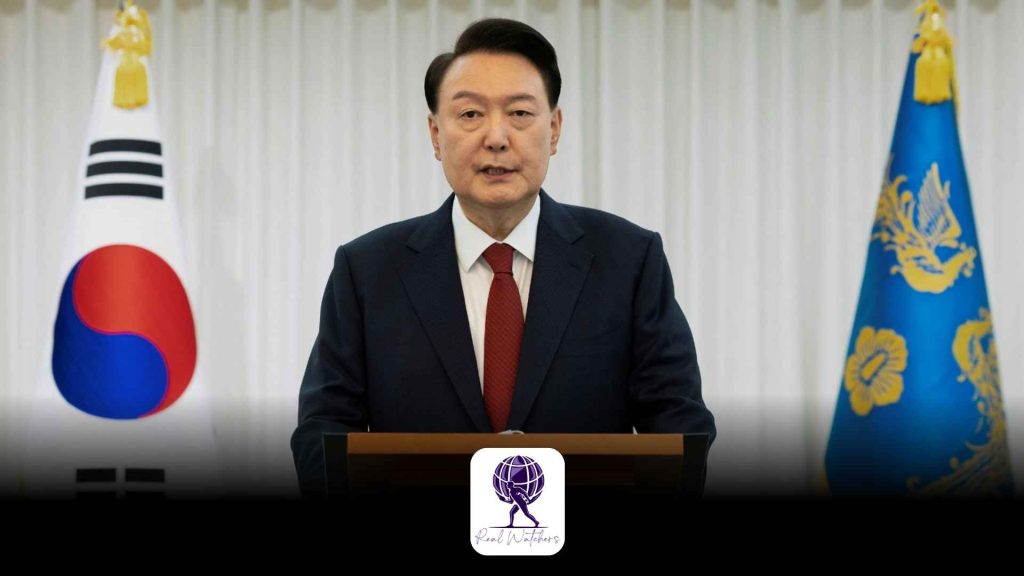A South Korean court has authorized an arrest warrant for suspended President Yoon Suk Yeol in connection with his efforts to impose martial law on December 3.
A warrant has been issued for Yoon, who is under investigation for allegations of power abuse and inciting insurrection. This follows his failure to respond to three summonses for questioning in the last two weeks.
Yoon’s legal team has described the warrant as “illegal and invalid,” announcing their intention to contest it in court.
South Korea is in a state of political turmoil following a brief declaration of martial law. This has led to the impeachment of President Yoon and his successor by a parliament controlled by the opposition.
Yoon has become the first sitting president of South Korea to confront the possibility of arrest.
Authorities have until January 6 to carry out the warrant sanctioned by a court in Seoul, with the option to seek an extension if necessary.
Investigators face uncertainty regarding the execution of the warrant, as potential obstacles from the security team and protesters could impede their efforts.
Investigators encountered obstruction from the presidential security service, which prevented them from accessing the presidential office grounds and Yoon‘s private residence to conduct court-approved searches.
Historically, South Korean authorities have abandoned efforts to arrest prominent politicians when their aides and supporters have intervened physically to obstruct the police.
On Monday, Yoon’s legal team asserted that investigators lacked the authority to arrest him, arguing that the declaration of martial law falls within the president’s constitutional powers.
Yoon previously stood by his choice to impose martial law, asserting his commitment to “fight to the end.” However, he acknowledged that he would not relinquish his legal and political obligations.
Yoon’s attorney, Yun Gap-geun, stated that the failure to respond to the previous three summonses was attributed to what he described as “legitimate concerns.”
Yoon’s current location remains undisclosed, yet he faces a travel ban preventing him from exiting the country.
Since December 14, he has faced suspension from his presidential responsibilities following a vote by lawmakers to impeach him. However, his removal from office hinges on the constitutional court’s decision to uphold the impeachment.
Only six judges currently make up the constitutional court’s nine-member bench. A single rejection could prevent Yoon from facing removal.
Opposition lawmakers aimed to bolster President Yoon’s chances of impeachment by nominating three additional judges. However, their proposal faced a setback when Prime Minister Han Duck-soo vetoed it last week.
The opposition has voted to impeach Han, who took on the role of acting leader following Yoon’s suspension.
Currently, there are threats directed at Finance Minister Choi Sang-mok, who holds the dual roles of acting president and acting prime minister.
On Tuesday, Choi appointed two new judges, stating that selecting a third would necessitate consensus between the opposition and governing parties.








